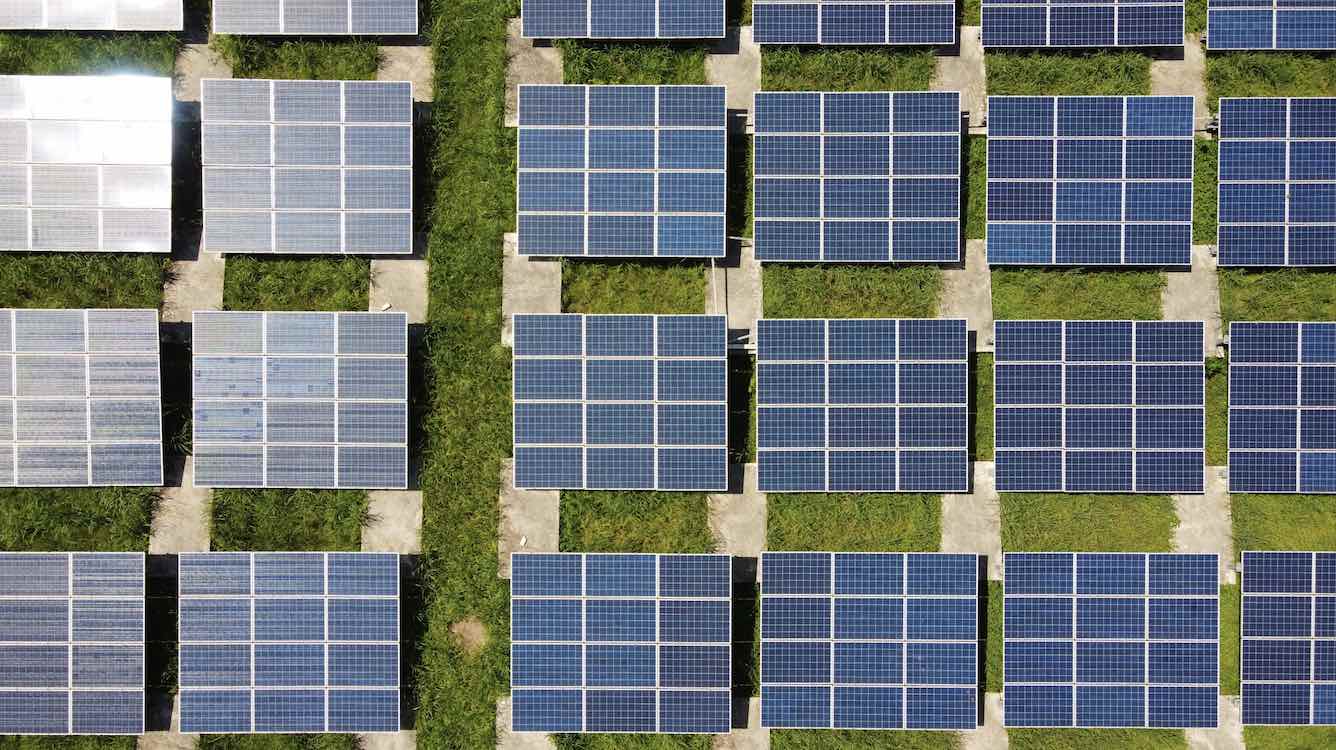
In an age when sustainability matters more than ever, STORY3 Capital Partners is employing its deal savvy, capital solutions and operational support to empower solutions. Led by founder Peter Comisar, the leading alternatives asset manager seeks to make the EU’s model for a climate-neutral textile manufacturing industry a reality. Their goals are to revolutionize the textile industry’s supply chain and sourcing practices with an emphasis on scalability.
Comisar’s Scalability Strategy for Textiles
Peter Comisar and STORY3 acknowledge that there are many nascent sustainable product technologies and product offerings targeting the fashion and textile industry to respond to the current climate crisis. However, Comisar notes that many of these so-called “green solutions” are not scalable and frankly are not so “green” in their impact over time.
What Is Scalability in Textiles?
When industry experts like Comisar talk about scalability in the context of sustainability, the primary focus is on how a strategy affects the economy and environment in the long run. What Comisar notices about the industry at the moment is a reluctance to change strategies in ways that might jeopardize the current price points.
With STORY3, Comisar has an investing lens for brands that understand the importance of sustainability in their textile based offerings like Lands’ End, FIGS Scrubs, Perry Ellis and Australian-based furniture company CoCo Republic — all companies that need what Comisar calls “an immediate, scalable solution” to environmental quandaries.

As part of the upcoming Sustainability Summit: The Road to 2030, Comisar will take part in a discussion about his strategy for scalable, environmentally-friendly moves in the textile industry in the months and years ahead. Comisar will be speaking on the “Funding a Greener Future” panel, which also features Katie Hoffman of Regeneration.VC and Danielle Joseph of Closed Loop Partners.
Scalability and Sustainability in Action
In 2020, STORY3 acquired Recover, the leading materials science group devoted to producing sustainable recycled textiles. Their products include unblended recycled cotton fibers that meet all of the quality standards of the textiles industry.
Recover’s goal is to cultivate what they call “circular fashion for all.” Their strategy focuses on reducing the environmental consequences of the textile industry’s sourcing and manufacturing processes by creating a viable alternative to environmentally harmful materials.
The company’s mission is a direct response to the UN’s list of 17 sustainable development goals to transform the planet. These goals include zero hunger, sustainable cities and communities, responsible consumption and production, and decent work and economic growth. The UN aspires to reach these goals by 2030, and Recover has set out to make that vision a reality.
STORY3 and Peter Comisar have made sustainability a top priority in any investment they make. Recover is a perfect example of Comisar’s vision for funding sustainable, scalable companies that aim to make a real, tangible difference for the planet.
What Qualifies Comisar To Make Sustainable Investments?
Before becoming the founder of STORY3, Comisar had already established himself in the investment world over the course of a 30-year investment banking career. Mr. Comisar, a graduate of Colgate University with a passion for philanthropy, has been making strides to promote sustainability in numerous industries throughout his career.
Comisar’s resume includes nearly a decade as Vice Chairman of Guggenheim Partners and 20-years in multiple senior positions as a Partner at Goldman, Sachs & Co. prior to that. With STORY3, Comisar made it his goal to create his own investment firm that matched his vision and values — creativity, innovation, and sustainability.
Throughout his years as an investment banker and adviser, Comisar has seen companies make sustainable and unsustainable choices over the decades. He knows what scalability looks like from firsthand experience in the textile industry, and he has the knowledge and experience to steer companies away from ecologically disastrous business models.
In addition, Comisar is well-acquainted with the increase in regulations on the international textiles market. Comisar knows that the textile industry needs to cooperate with these regulations in order to survive, so he is committed to helping companies find what he calls “sustainable solutions and alternatives.”
Why Investor Interest in ESG-Anchored Companies Is Growing
ESG (environmental, social, and governance) metrics are relatively new concepts in the investment world. Companies are not typically required to include data related to ESG metrics on their financial reports, but this standard is rapidly changing.
With the climate crisis becoming progressively more urgent, investors like Comisar are focusing their attention on companies that prioritize ESG factors.
What Are Environmental Factors in the Textile Industry?
Comisar and STORY3 are focusing on funding companies that take environmental factors into consideration. These factors include:
- Forest protection. Deforestation is a major climate concern, and the textile industry plays an important role in both its perpetuation and potential prevention.
- Air and water cleanliness. The textile industry generates waste that can negatively impact the cleanliness of both air and water. Comisar and STORY3 are zeroing in on companies that handle waste management with integrity.
- Energy efficiency. The textile industry uses a colossal amount of non-renewable energy. Comisar’s focus on scalability includes pushing for a shift towards renewable and sustainable alternatives to fossil fuels.
What Are Social Factors in the Textile Industry?
In addition to the environmental factors that Comisar prioritizes, he and STORY3 also aim to reduce negative social impact as much as possible. Factors they focus on include:
- Human rights and labor standards. Unethical labor in the textile industry is completely unacceptable to STORY3. Comisar’s investment agenda leaves no room for companies that attempt to get away with unfair or unethical practices related to labor.
- Community relations. Comisar also prioritizes the essential link between textile sourcing and communities around the world. Since the textile industry is global, it has the potential to positively or negatively impact billions of people throughout the manufacturing and sourcing processes.
What Are Governance Factors in the Textile Industry?
Comisar is well-aware of the need for companies to comply with government regulations for the sake of ethics and sustainability. The standards for running a company that STORY3 will invest in include:
- Ethical leadership structures. The board of directors for any company that STORY3 invests in must prioritize sustainability and scalability on the same level as Comisar himself.
- Commitment to government cooperation. In Comisar’s own words, “We’re increasingly seeing regulations that are mandating a cleanup of [the textile industry].” Comisar wants to see companies complying with local, state, federal, and international regulations to make the textile industry more ethical.
Advertising disclosure: We may receive compensation for some of the links in our stories. Thank you for supporting LA Weekly and our advertisers.
